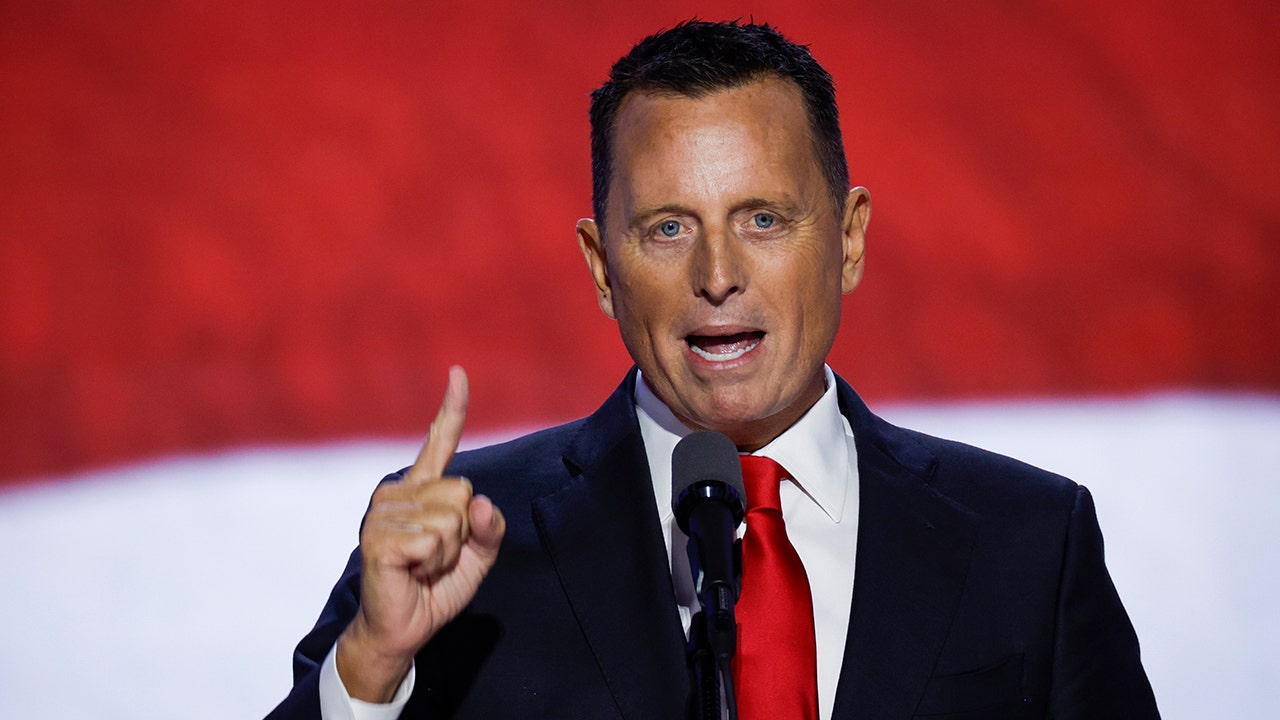Starbucks workers hold signs as they picket in Burbank, Calif., on Friday.
Frederic J. Brown/AFP via Getty Images
hide caption
toggle caption
Frederic J. Brown/AFP via Getty Images
Starbucks’ union says workers are walking off the job at hundreds of stores across dozens of cities on Tuesday, the last planned day of what it is calling “the strike before Christmas.”
“Starbucks Baristas at over THREE HUNDRED stores have walked off the job to demand Starbucks bargain a fair contract from coast-to-coast,” Starbucks Workers United (SBU) wrote in an Instagram post, touting it as the largest unfair labor practices strike in the coffee chain’s history.
Workers United told NPR that “nearly 300 locations and growing are fully shut down” across 45 states as of midday Tuesday. Starbucks offered a different figure, telling NPR that only around 170 Starbucks stores did not open as a result of the strike.
The union says the strike is in response to Starbucks backtracking on its commitment to negotiate a “foundational framework” — for collective bargaining and resolving outstanding litigation on unfair labor practices charges — by the end of the year.
“Our unfair labor practice (ULP) strikes will begin Friday morning and escalate each day through Christmas Eve … unless Starbucks honors our commitment to work towards a foundational framework,” it said last week.
The strike began on Friday in three cities: Los Angeles, Seattle and Chicago.
It has expanded every day since, with the list of participating stores now including Boston, Buffalo, Cleveland, Dallas, Denver, Minneapolis, Philadelphia, Pittsburgh, Portland, Seattle and San Jose.
Starbucks said Monday that about 60 stores nationwide were closed due to the strike, but stressed that that the “overwhelming majority” of its more than 10,000 U.S. locations remain unaffected. It said some of the stores that closed during the weekend had already reopened.
“The public conversation may lack the important context that the vast majority of our stores (97-99%) will continue to operate and serve customers, and we expect a very limited impact to our overall operations,” Executive Vice President Sara Kelly said in a statement.
The union is urging customers to boycott Starbucks stores during the strike and show up at picket lines to show their support for workers.
Why baristas are striking
SWU, which first unionized in 2021, represents some 10,000 employees across 535 U.S. stores. It celebrated a milestone in February when Starbucks said it would work with the union to reach a labor agreement and resolve litigation by the end of the year.
But last week, with matters still unsettled ahead of the last scheduled bargaining session of 2024, a whopping 98% of union partners voted to authorize a strike to “to protest hundreds of still-unresolved unfair labor practice charges (ULPs) and win a strong foundational framework for union contracts.”
The union acknowledged that both sides have engaged in “hundreds of hours of bargaining” and “advanced dozens of tentative agreements” in recent months.
But it said hundreds of complaints accusing Starbucks of unfair labor practices — including retaliatory firings — remain unsettled, with more than $100 million in legal liabilities still outstanding. Plus, it said, the company “has yet to bring a comprehensive economic package to the bargaining table.”
People hold signs outside of a closed Starbucks as employees strike on Monday in New York City.
Adam Gray/Getty Images North America
hide caption
toggle caption
Adam Gray/Getty Images North America
Starbucks’ latest proposal included no immediate wage increase for union baristas, and a guarantee of just 1.5% wage increases in future years. The union called that “insulting,” especially compared to the salary of its new CEO, who started in September.
“This year, Starbucks invested $113 million into CEO Brian Niccol’s compensation package at a time when baristas’ wages aren’t keeping up with the cost of inflation,” it said. “Workers regularly struggle to receive the hours we need to qualify for benefits and pay our bills. Starbucks needs to invest in the workers who run their stores.”
Ruby Walters, who works at a Starbucks location in Columbus, told member station WOSU from the picket line over the weekend that most workers “have a very similar experience of the company not affording them enough resources that they need, not only to take home and improve their lives, but literally on the job.”
“So as far as I’m concerned, what we’re fighting for isn’t just for us,” Walters added. “It’s for all Starbucks workers across the country.”
What Starbucks is saying
Kelly, the Starbucks executive, said the union’s proposals amount to an increase in the hourly minimum wage of 64% immediately and 77% over three years, which she dismissed as unrealistic.
“These proposals are not sustainable, especially when the investments we continually make to our total benefits package are the hallmarks of what differentiates us as an employer — and, what makes us proud to work at Starbucks,” she said.
Those benefits include health care, free college tuition, paid family leave and company stock grants, Starbucks says, adding that the combination of average pay and benefits equates to an average of $30 per hour for the vast majority of baristas working at least 20 hours per week.
Workers United, however, disputes Starbucks’ characterization of its wage increase proposals — bargaining delegate Michelle Eisen, a 14-year Starbucks barista in Buffalo, N.Y., called it “false and misleading and they know it.”
“We are ready to finalize a framework that includes new investments in baristas in the first year of contracts,” Eisen told NPR.
The union is asking for a base wage of at least $20 an hour for all baristas with annual 5% raises and cost of living adjustments, enrollment in a Starbucks-sponsored retirement plan, more consistent schedules, enhanced paid leave protocols and better healthcare, among other initiatives.
In the final stretch of the four-day strike, it is calling on Starbucks to present a “serious economic offer at the bargaining table.”
The company, for its part, says the union “prematurely ended” the most recent bargaining session and is urging it to come back.
“The union chose to walk away from bargaining last week,” Kelly said. “We are ready to continue negotiations when the union comes back to the bargaining table.”

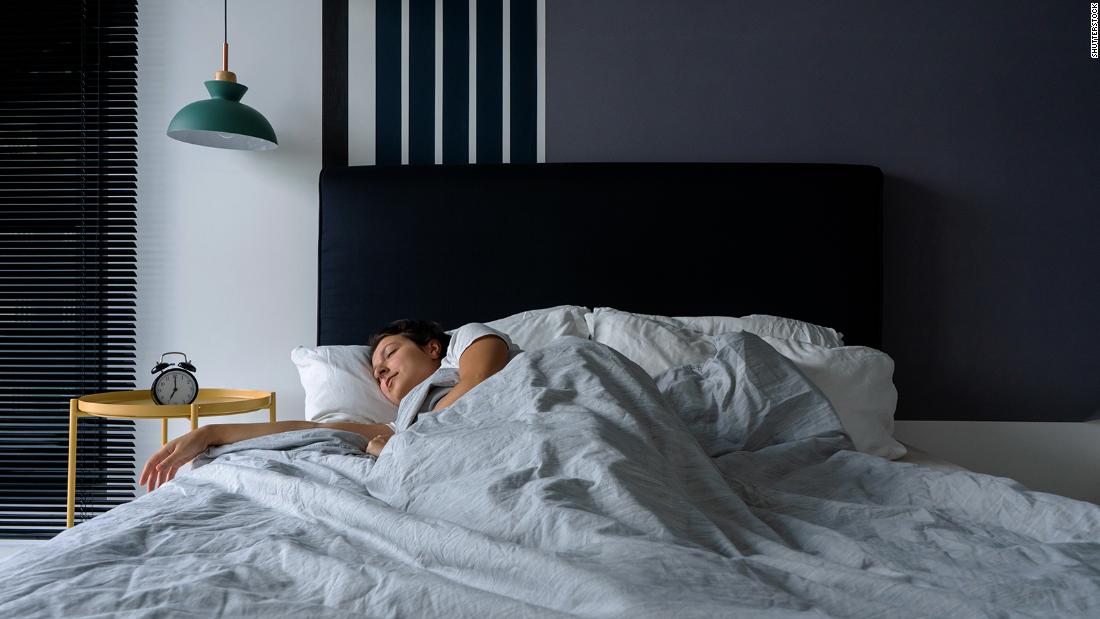


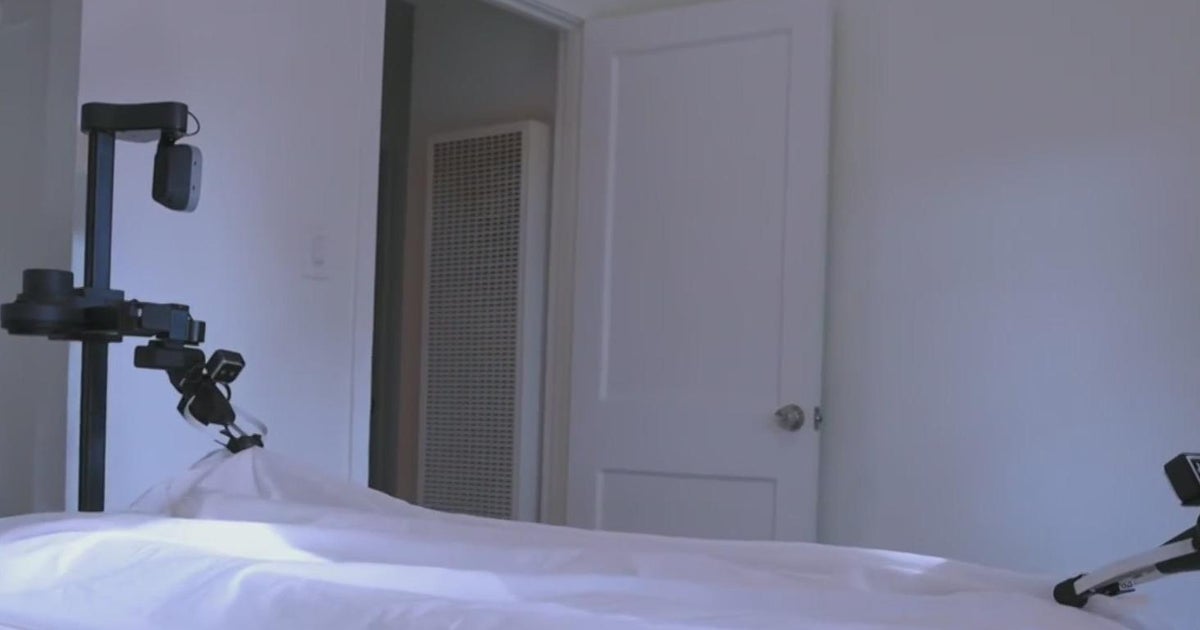






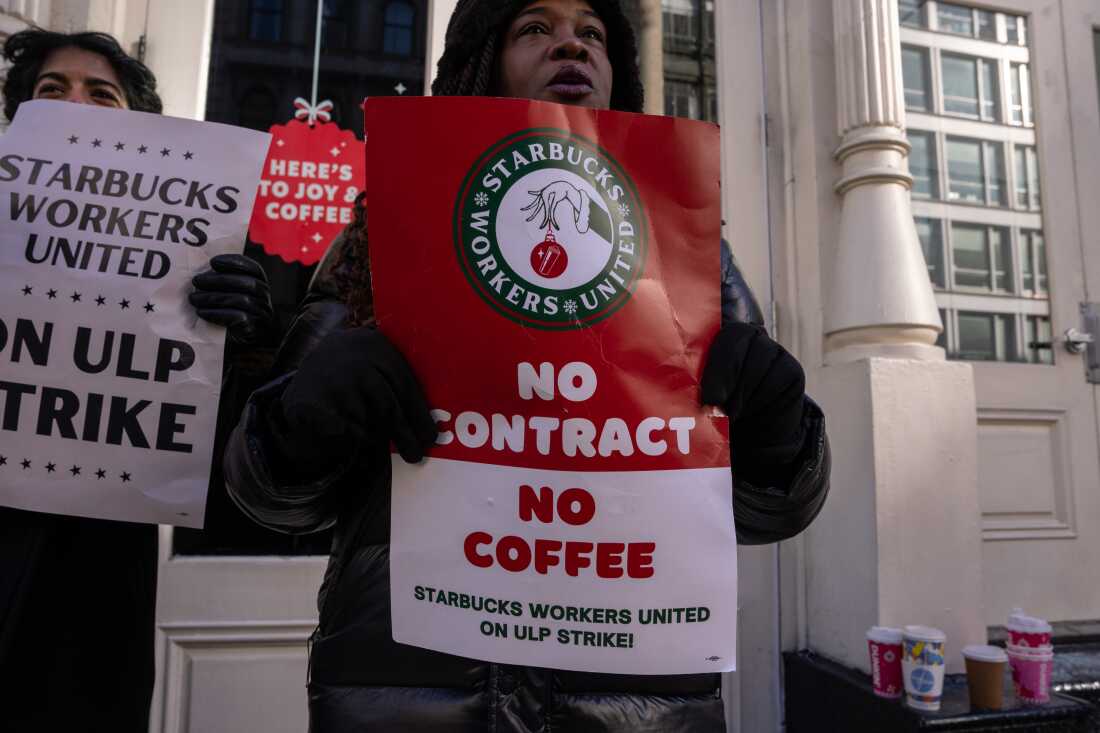















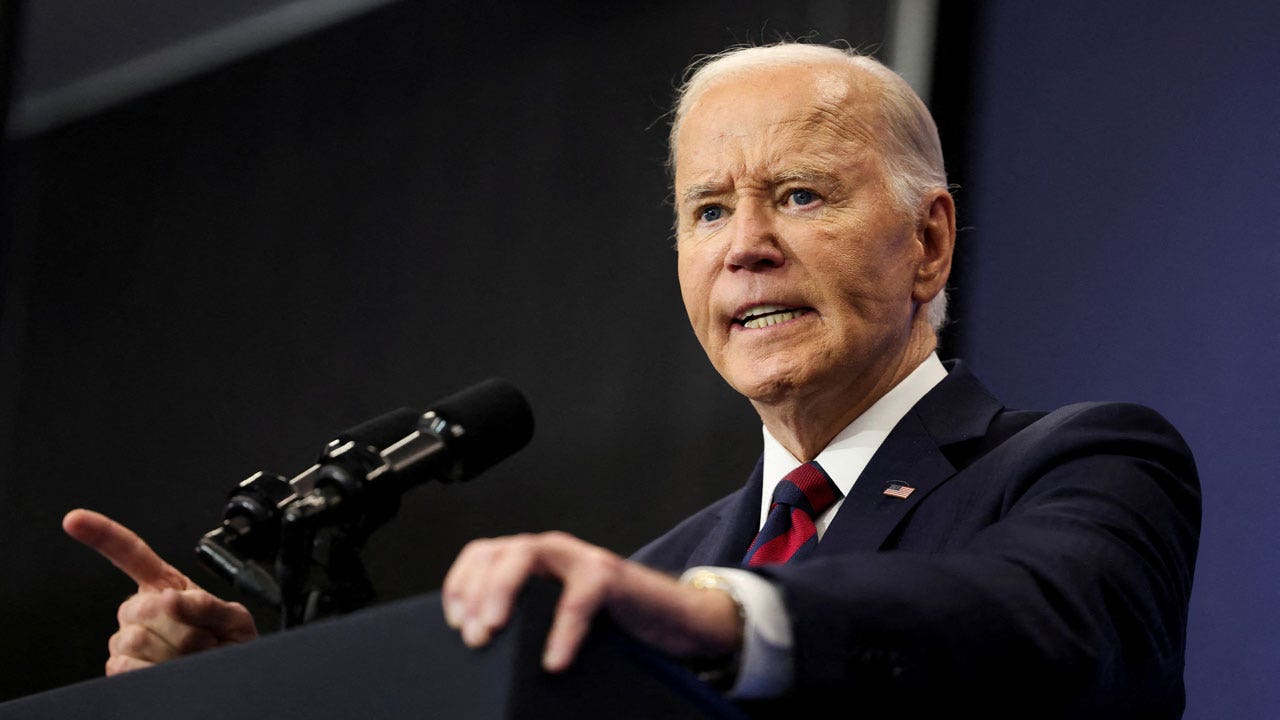


/cdn.vox-cdn.com/uploads/chorus_asset/file/23951353/STK043_VRG_Illo_N_Barclay_3_Meta.jpg)
/cdn.vox-cdn.com/uploads/chorus_asset/file/24924653/236780_Google_AntiTrust_Trial_Custom_Art_CVirginia__0003_1.png)



